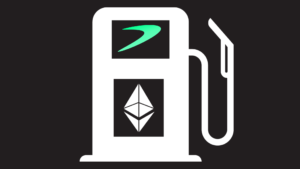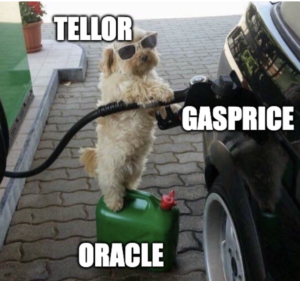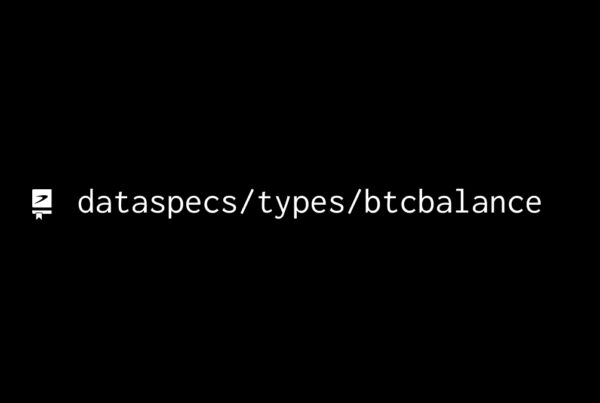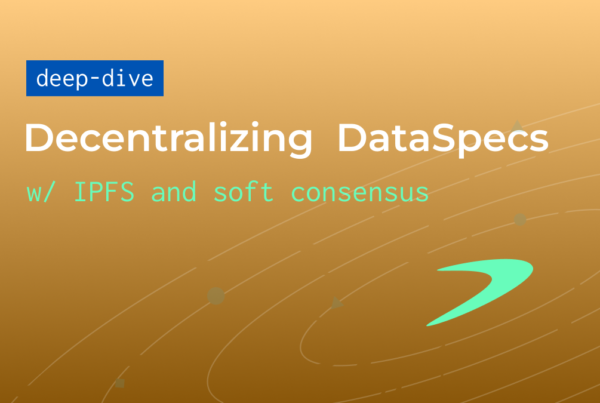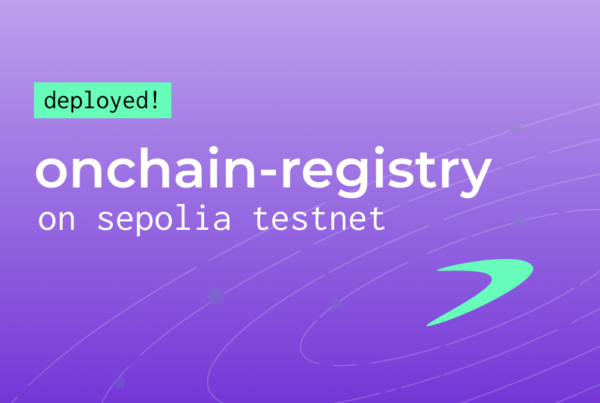Providing historical gas price data on-chain enables DeFi protocols to build smart contracts with reimbursement functionality; helping to create new ways for DAOs, DeFi, and NFT projects to give back to their communities.
Fostering community participation is one of the top priorities for any project in the Ethereum smart contract space. The most successful DAOs and dev teams prioritize reducing friction and removing barriers to participation while doing everything they can to get more people excited about supporting the project.
On Ethereum today, one of the highest barriers is gas fees. Many avid blockspace consumers have gotten used to paying more than $100 worth of ether for the privilege of making a token swap, locking up some collateral for a DeFi loan, or buying a cool new PFP; however, it’s safe to say that these individuals represent a small minority of humans.
So, when it costs more than a gallon of irl gas to send a bit of ether, how do you convince a new token holder in your community to perform an on-chain action like voting that provides them with literally nothing?
Builders on Ethereum today are increasingly faced with the prospect of offering on-chain reimbursements for voting, staking, and other transactions that benefit the community and advance the project as a whole.
The Tellor GasPriceOracle provides necessary infrastructure for automating the gas reimbursement process by placing an accurate gas price estimate for the historical cost of transactions on-chain. The dataspec can be found here.
Gas price data can now be queried from Tellor databases by reporters on Tellor’s decentralized and censorship-resistant network. At the time of writing, Tellor oracles have been deployed on mainnet Ethereum, Polygon, Harmony, and numerous testnet chains.
For integration instructions see our handy documentation here.
For more information about Tellor and its permissionless oracle protocol, check out tellor.io. Join our community on Discord!

